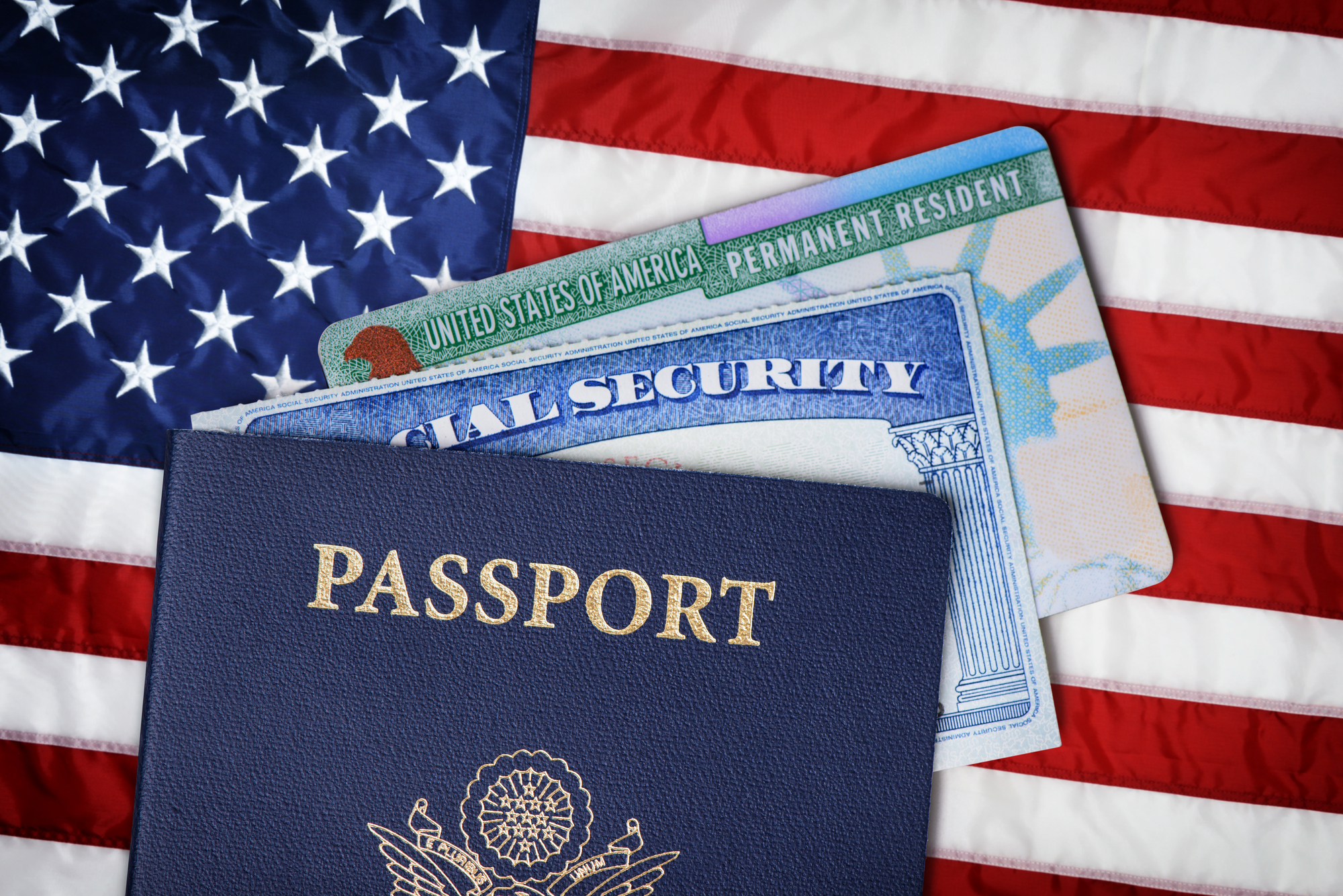The penalties for marriage fraud are some of the most severe in immigration law. It can lead not only to prison terms and heavy fines but also deportation—even a permanent bar to a US visa in the future.
Since findings of marriage fraud can stem from personal judgments and suspicions from officers and interviewers, it is vital to have the advice of an immigration attorney at every step of the way. Even after a finding of marriage fraud, an attorney may be able to help you or your loved ones avoid deportation.
The Law on Marriage Fraud and Deportation
An immigrant can be deported for marriage fraud on two grounds:
- If they enter on a marriage-based visa “procured on the basis of a marriage entered into less than 2 years prior” to their admission, then terminate the marriage before 2 years have passed.
- “It appears … that the alien has failed or refused to fulfill the alien’s marital agreement which in the opinion of the Attorney General was made for the purpose of procuring the alien’s admission as an immigrant.” That is, the immigrant has not been living as their partner’s spouse.
See 8 USC § 1227(1)(G). However, there are several possible defenses and waivers for deportation.
The Conditional Residence Visa for Spouses
Immigrant spouses who marry US citizens or lawful permanent residents (LPRs) are present in the US on a CR-1 (conditional resident) visa for the first two years. During the 90 days before the expiration of those two years, the spouses are expected to file Form I-751 together, the Petition to Remove Conditions on Residence. This joint petition requests LPR status for the immigrant spouse, allowing them to receive their Green Card without conditions.
If the conditional residence period expires without a Form I-751, the immigrant spouse is in danger of deportation. But it may be impossible for the spouse to file the I-751 petition together with their partner because:
- Their citizen/LPR spouse has died
- The marriage has ended in divorce or annulment
- The citizen/LPR spouse was abusive to the immigrant or their child, battering them or subjecting them to extreme cruelty
In these cases, the immigrant spouse has the right to file a waiver for joint filing of the I-751 petition. Immigration officers may make decisions based on subjective and personal judgments about marriage fraud, so it is crucial to seek the help of an immigration attorney for the waiver and petition process.
A CR-1 visa holder whose marriage failed within two years, ending in divorce or annulment, can avoid deportation if they can establish that the marriage “was not contracted for the purpose of evading any provisions of the immigration laws.” See § 1227(1)(H). The USCIS takes marriage fraud very seriously, and they will look for any evidence that the marriage was not real—that it lacked “bona fides.”
Immigration officials will likely request a further interview with the visa holder whose marriage is ending. Just as with any other couple, the petitioner must be prepared to show that the relationship was authentic. The USCIS will look for evidence of:
- Commingling of finances, such as joint accounts, purchases, and bills
- Raising children together—birth certificates or adoption certificates with both names; correspondence about the children; documentation of daily life with the children, such as school contacts, activities, and vacations
- Cohabitation—deeds or leases with both names; documented use of the same address
- A life together—phone and text records; documented joint undertakings, including social activities like parties and vacations; affidavits from friends and colleagues about their daily lives and public conduct
Petitioners on a CR-1 visa can also request a waiver of deportation on the grounds of extreme hardship. However, they must be able to show that these circumstances arose in the past two years. A waiver based on extreme hardship does not consider the good or bad faith of the initial marriage.
Trouble on a Fiancé Visa
Immigrants who are engaged to US citizens arrive in the US on K-1 visas, and any children of theirs under 21 can arrive on K-2 visas. An immigrant on a K-1 visa is expected to marry their citizen fiancé(e) within 90 days. In some cases, the relationship does not survive that 90-day period. If the immigrant does not marry their sponsor fiancé(e) within that time, they are required to leave the country.
When a K-1 visa holder overstays their visa, they face deportation, as do their children on K-2 visas. If you are in the US for a K-1 visa and you did not marry in time—or do not want to marry your sponsor—you need to speak to an immigration attorney as soon as possible about your options. They may be able to help you, especially if you have been a victim of domestic violence.
Don’t Delay
If you are in the Chicago area and you believe you are at risk for deportation, contact us today. Our Schaumburg, Illinois law firm is ready to help you fight findings or allegations of marriage fraud and related violations that can risk your standing in the US. Attorney Patrick Metcalf has decades of legal experience, and he can work with you in several languages, including Spanish, Cantonese, and Mandarin. Call us at 224-328-1900 to schedule your free initial phone consultation.




